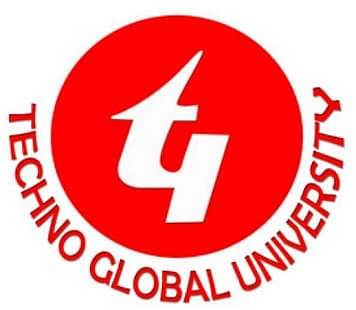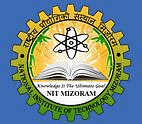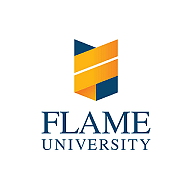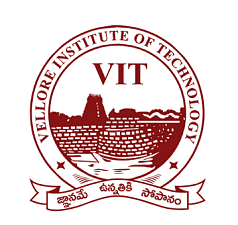Introduction
about BSc in Artificial Intelligence
BSc in Artificial Intelligence (AI) is an undergraduate degree program designed to
equip students with the theoretical knowledge and practical skills necessary to
understand, develop, and apply AI technologies. As AI continues to revolutionize
various industries, this program prepares graduates for a wide range of careers
in technology, data science, robotics, and beyond.
What is
admission process for BSc in Artificial Intelligence?
The admission BSc in Artificial Intelligence can vary depending on
the country and institution. However, there are common steps and requirements
that most universities follow. Here is an overview of the typical admission
process:
The admission process for a
Bachelor of Science (BSc) in Artificial Intelligence (AI) can vary depending on
the country and institution. However, there are common steps and requirements
that most universities follow. Here is an overview of the typical admission
process:
1. Research
and Preparation
Identify
Suitable Programs
Research universities and
colleges offering a BSc in Artificial Intelligence.
Review their specific
admission requirements, curriculum, and course details.
2. Meeting
Eligibility Criteria
Academic
Qualifications
Completion of secondary
education (high school diploma or equivalent) with strong performance in
relevant subjects such as Mathematics, Computer Science, and Physics.
Minimum
Grades
Meet the minimum GPA or
percentage required by the institution, typically around 60-70% or equivalent.
3.
Standardized Tests (if applicable)
Entrance
Exams
Some institutions may
require standardized test scores such as SAT, ACT, or specific
national/institutional entrance exams.
English
Language Proficiency
For non-native English
speakers, proof of proficiency through exams like TOEFL, IELTS, or equivalent
tests may be required.
4.
Application Submission
Application
Form
Complete and submit the
university's application form, available on their official website.
Supporting
Documents
Academic transcripts and
certificates.
Standardized test scores (if
applicable).
Proof of English language
proficiency (if applicable).
Letters of recommendation
(typically from teachers or mentors).
Personal statement or essay
explaining your interest in AI and career goals.
Curriculum Vitae (CV) or
resume highlighting relevant experiences and extracurricular activities.
5.
Application Fee
Pay the application fee, if
required. Fee amounts and payment methods will be specified by the institution.
6.
Interviews (if applicable)
Personal
Interview
Some universities may
require a personal interview as part of the selection process. This could be
conducted in person, over the phone, or via video conferencing.
7.
Admission Decision
Offer
Letter
If accepted, you will
receive an offer letter from the university. This letter will include details
about the course, start date, and any conditions that need to be met.
8.
Acceptance and Enrollment
Acceptance
Accept the offer by
responding to the university's offer letter, often by a specified deadline.
Tuition
Deposit
Pay any required tuition
deposit to secure your place in the program.
Visa
Application (for international students)
Apply for a student visa if
you are an international student. The university will provide the necessary
documents to support your visa application.
9.
Orientation and Start of Classes
Orientation
Program
Attend the university's
orientation program, which will help you acclimate to the campus, meet faculty
and fellow students, and understand the course structure.
Start of
Classes
Begin your classes as per
the academic calendar provided by the university.
Additional
Tips
Early
Application
Apply early to meet
deadlines and have ample time for any additional steps, such as visa processing
for international students.
Scholarships
and Financial Aid
Explore scholarship and
financial aid opportunities provided by the institution or external
organizations at best university in Assam.
What is
syllabus for BSc in Artificial Intelligence?
The syllabus BSc in Artificial Intelligence typically covers a broad range of topics that provide students with both theoretical knowledge and practical skills in AI and related fields. Below is an outline of a typical syllabus, divided by academic years, which may vary slightly depending on the institution.
Core
Courses
Introduction
to Artificial Intelligence
Overview of AI concepts,
history, and applications.
Basic AI techniques and
tools.
Introduction
to Programming
Fundamentals of programming
using languages like Python or Java.
Basic algorithms and data
structures.
Mathematics
for AI
Linear algebra, calculus,
and probability.
Mathematical foundations
necessary for AI algorithms.
Discrete
Mathematics
Logic, set theory,
combinatorics, and graph theory.
Computer
Systems and Architecture
Basics of computer
organization, hardware, and software interaction.
Introduction
to Data Science
Data collection, preprocessing, and basic data analysis techniques at top college in Assam.












